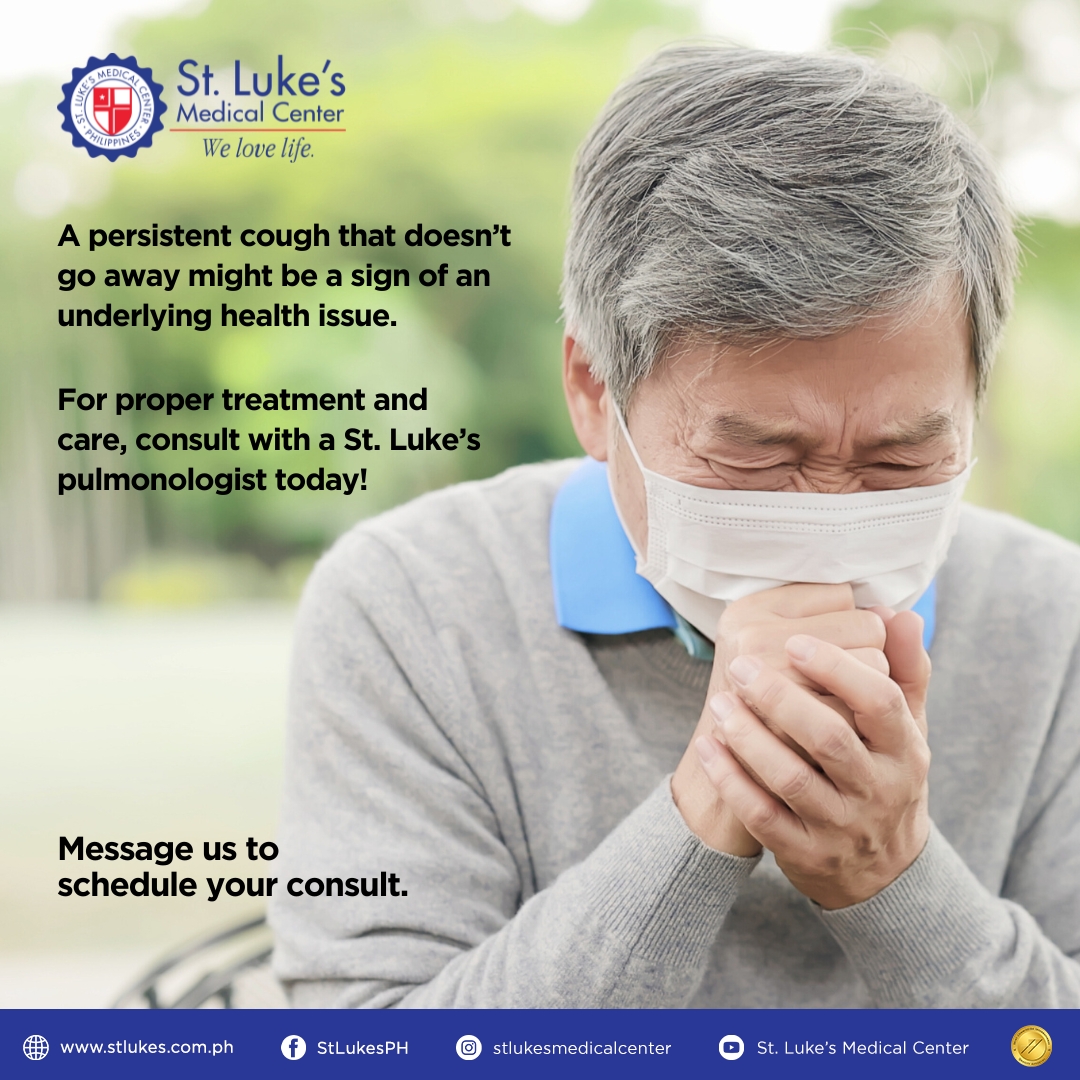When a Cough Won't Quit: Understanding Persistent Cough and When to Seek Help
A chronic cough is more than just an annoyance. A chronic cough can interrupt your sleep and leave you feeling exhausted. Severe cases of chronic cough can cause vomiting, lightheadedness, and even rib fractures.
While it can sometimes be challenging to pinpoint the problem that's triggering a chronic cough, the most common causes are tobacco, certain medications, postnasal drip, and acid reflux. Fortunately, chronic cough typically disappears once the underlying problem is treated.
Why Do We Cough?
A cough is more than just a reflex—it's your body's way of keeping your airways clear. Whether it's a simple tickle, a reaction to dust, an allergy cough, or a sign of something more serious, coughing is your body's first line of defense. But when a cough sticks around, it can start to feel like more of a burden than a benefit.
Coughs can be categorized as ''dry'' or ''wet''. A dry cough, which doesn't produce mucus, is often linked to smoking or certain medications like ACE inhibitors. In contrast, a wet cough brings up mucus and is typically seen with postnasal drip conditions or airway conditions such as bronchitis or bronchiectasis.
Symptoms to Watch Out For:
Chronic cough often comes with additional symptoms that shouldn't be ignored, including:
- A runny or blocked nose
- A sensation of liquid dripping down the back of your throat (postnasal drip)
- Frequent throat clearing or a sore throat
- Hoarseness
- Wheezing cough, or shortness of breath
- Heartburn or a sour taste in your mouth
- Itchy throat and dry cough
- In rare cases, coughing up blood
How to cure cough?
If your cough persists for two weeks or more, especially if it produces mucus or blood, disrupts your sleep, or affects your daily life, it's time to see a doctor.
At St. Luke's Medical Center, our team of expert pulmonologists is dedicated to uncovering the root cause of your chronic cough. We start with a comprehensive physical examination and a detailed discussion of your symptoms. From there, we may recommend further tests to provide a complete picture of your health:
- Lab Tests: To detect infection or inflammation markers that might contribute to your cough.
- Lung Function Tests: We assess how well your lungs are functioning using advanced tools like spirometry.
- Fractional Exhaled Nitric Oxide (FENO) and Methacholine Challenge Tests: To detect airway inflammation and hyperreactivity, especially in Cough Variant Asthma
- Imaging Tests: X-rays, CT scans, MRIs, and other imaging modalities give us a detailed view of your chest and lungs, helping us identify any underlying issues.
Don't let a persistent cough slide. If your cough refuses to go away or you experience symptoms like coughing up blood, running a fever, or unexplained weight loss, it's crucial to seek help immediately. St. Luke's pulmonologists are here to provide the care and expertise you need.






